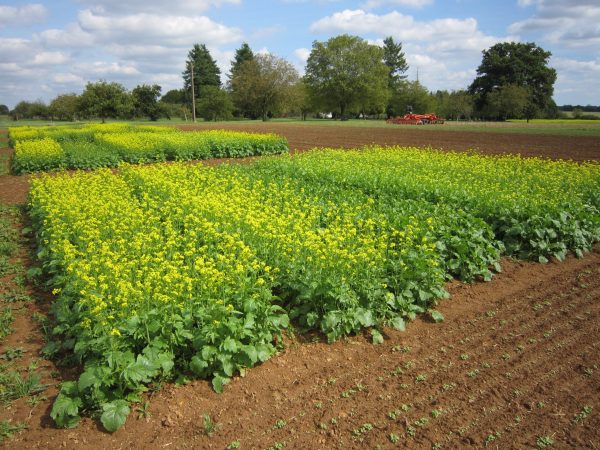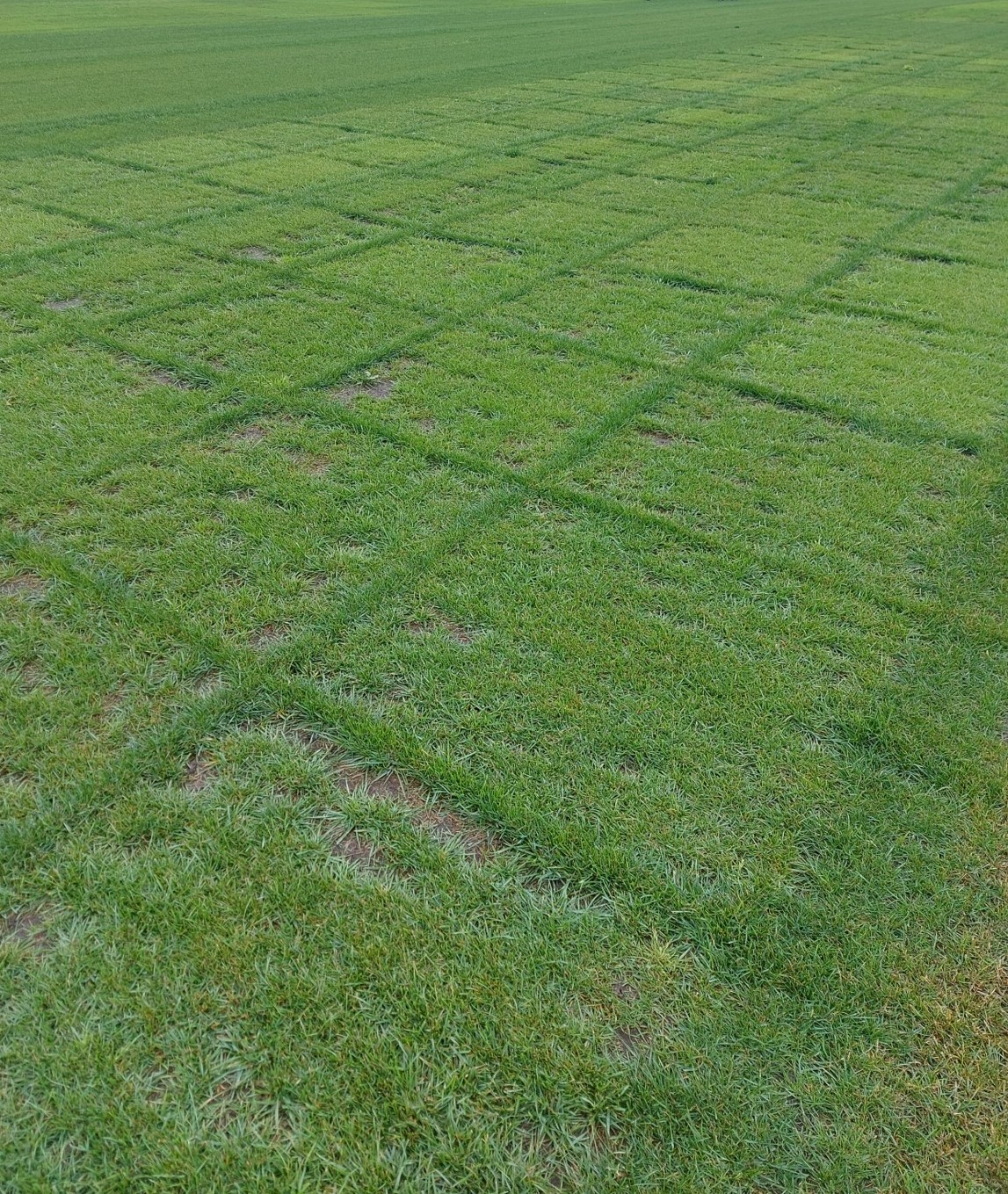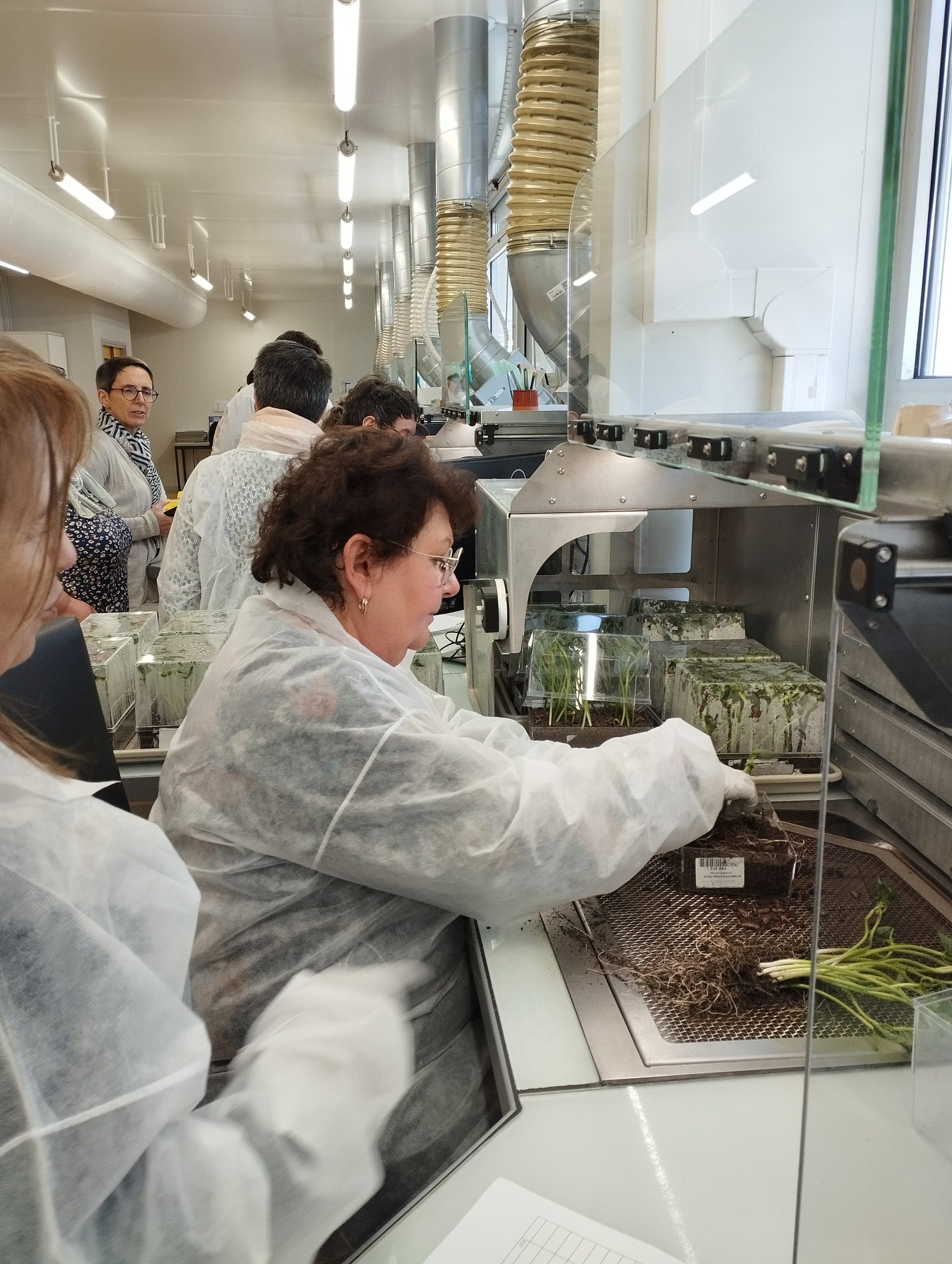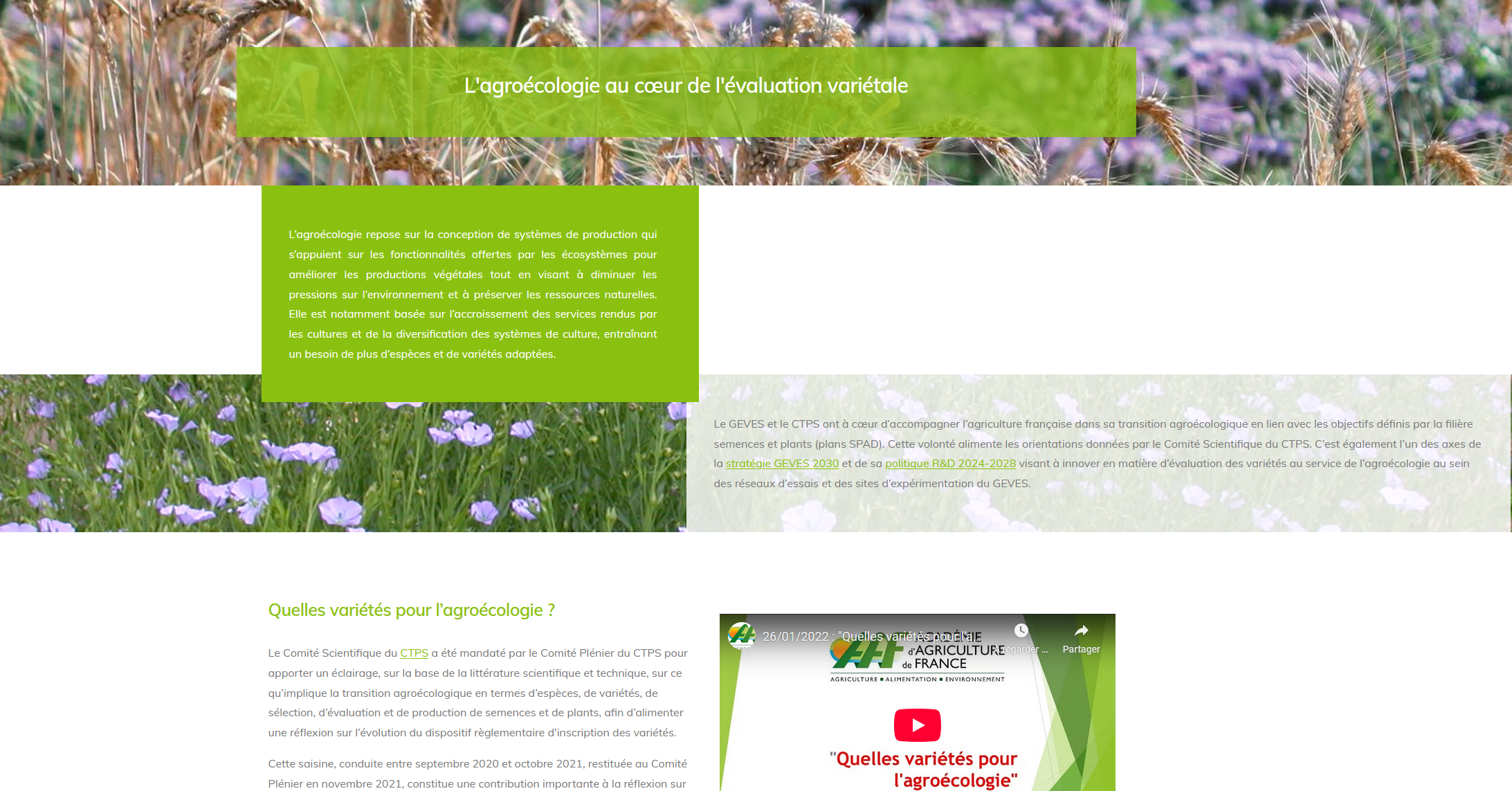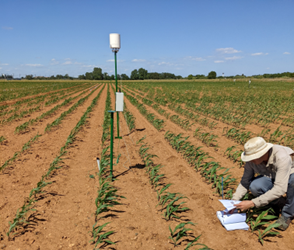
How can varieties be evaluated for registration in the context of climate change?
Climate change is a reality that affects the entire society, and agriculture in particular. Many levers can be mobilised, including plant genetics. At the CTPS Plenary Committee meeting on 23 May, the CTPS Scientific Committee, tasked with carrying out a study on evaluating varieties in the context of climate change, presented the progress of its work and its initial conclusions concerning climate projections and their impact on agriculture, as well as the current consideration of climate change when registering varieties in the Official Catalogue and the difficulties encountered by the CTPS Sections.
By 2050, an average temperature rise of +2 to +3°C is expected in France, with an increase in climatic risks (drought, heatwaves, late frosts, storms and hail). This climate disruption will have a number of effects on agriculture, through higher temperatures and atmospheric CO2, intensified heatwaves and drought. This could lead to shorter crop cycles, a greater need for irrigation to avoid crop failure, spring frosts with more advanced crops, but also a change in the rate of reproduction of crop pests or the appearance of new ones in France. The combination of these stresses is still poorly understood. The varietal lever is one of a number of levers for action in response to climate change.
The various Sections of the CTPS are already confronted with these various stresses linked to climate change, in particular the lack of rainfall at key stages in crop development, high temperatures and the development of pests and diseases. This presents technical difficulties in conducting trials and the relevance of morphological observations, as well as problems in validating trials.
The CTPS Scientific Committee met on 28 May to continue its discussions on the traits to be considered and how to evaluate the adaptation potential of varieties in this context. These elements will enable it to draw up recommendations in response to the questions posed by the CTPS Sections in the face of climate change.
The conclusions of this referral will be presented to the Plenary Committee in November.


